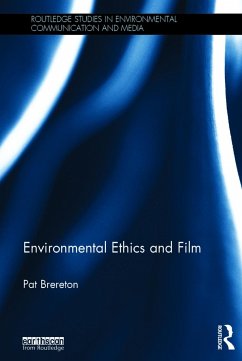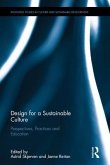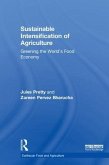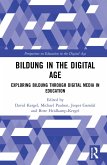Through a close examination of the medium, Environmental Ethics and Film explores how historical ethical values can be re-imagined and re-constituted for more contemporary audiences. Building on an extensive back-catalogue of eco-film analysis, the author focuses on a diverse selection of contemporary films which target audiences' ethical sensibilities in very different ways. Each chapter focuses on at least three close readings of films and documentaries, examining a wide range of environmental issues as they are illustrated across contemporary Hollywood films.
Hinweis: Dieser Artikel kann nur an eine deutsche Lieferadresse ausgeliefert werden.
Hinweis: Dieser Artikel kann nur an eine deutsche Lieferadresse ausgeliefert werden.
"There is a saying that 'without vision, there the people perish'. In Environmental Ethics and Film Pat Brereton beautifully illustrates and makes the case for the capacity of films to help us tell new stories and provide visions of the 'human condition' in an age of complex and global ecological challenges and opportunities. Brereton sees film as neither a substitute for political activism nor mere "escapism". Rather, it creates the conditions for transformation, new understandings and the fusing of normative, affective and above all imaginative interpretations of the present or alternative visions of our planetary future. In film's capacity to appeal to our imaginations about human relations, we have different and more accessible resources for new narratives and ethical responses than those given by scientific readings of those relations. This book is an authoritative and accessibly written account of how film can do much more than simply paint dystopian, nostalgic or utopian accounts of our planetary condition. It can help in remaking a better, more ecologically sustainable world." - John Barry, Professor of Green Political Economy, Queens University Belfast









